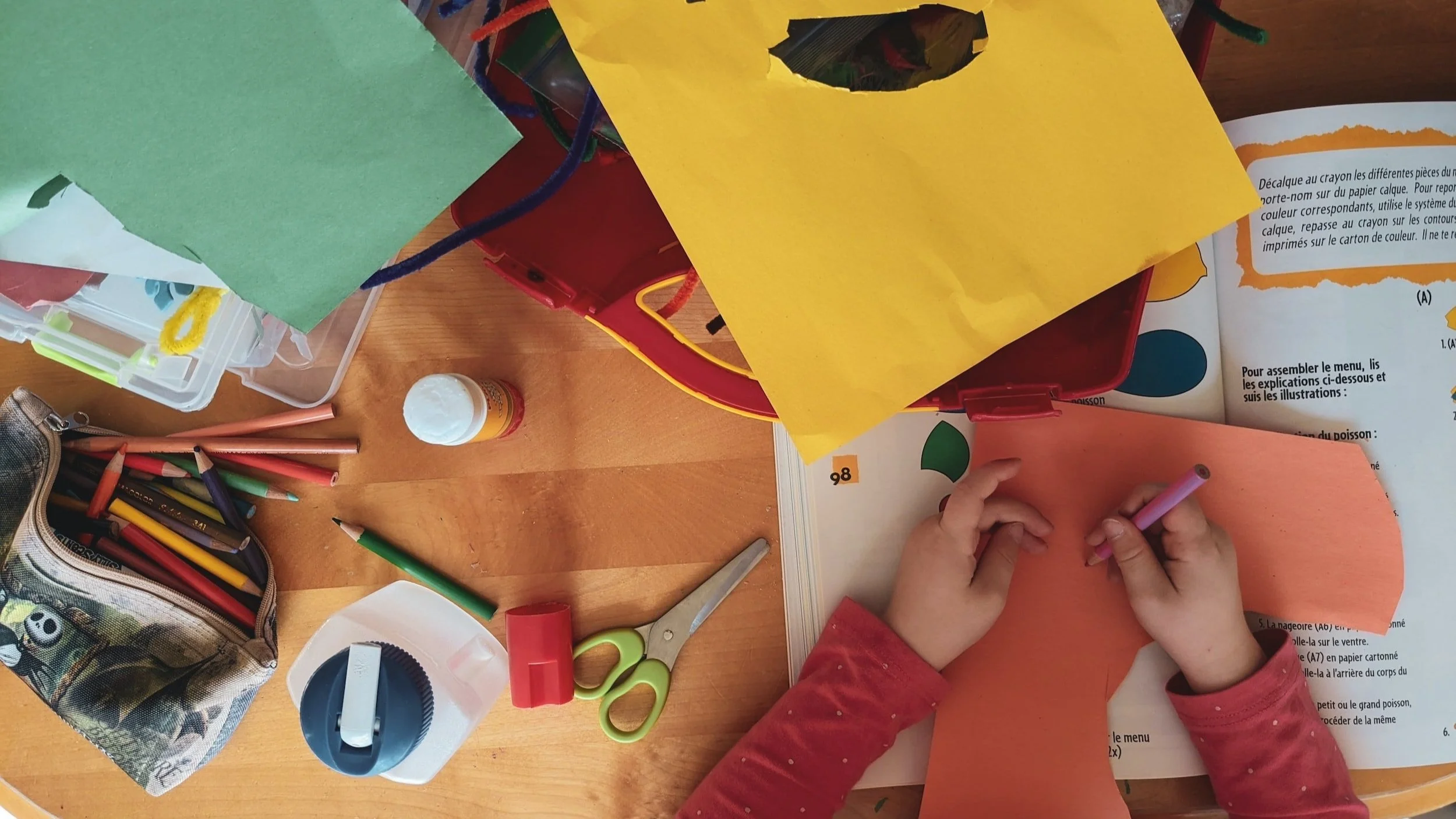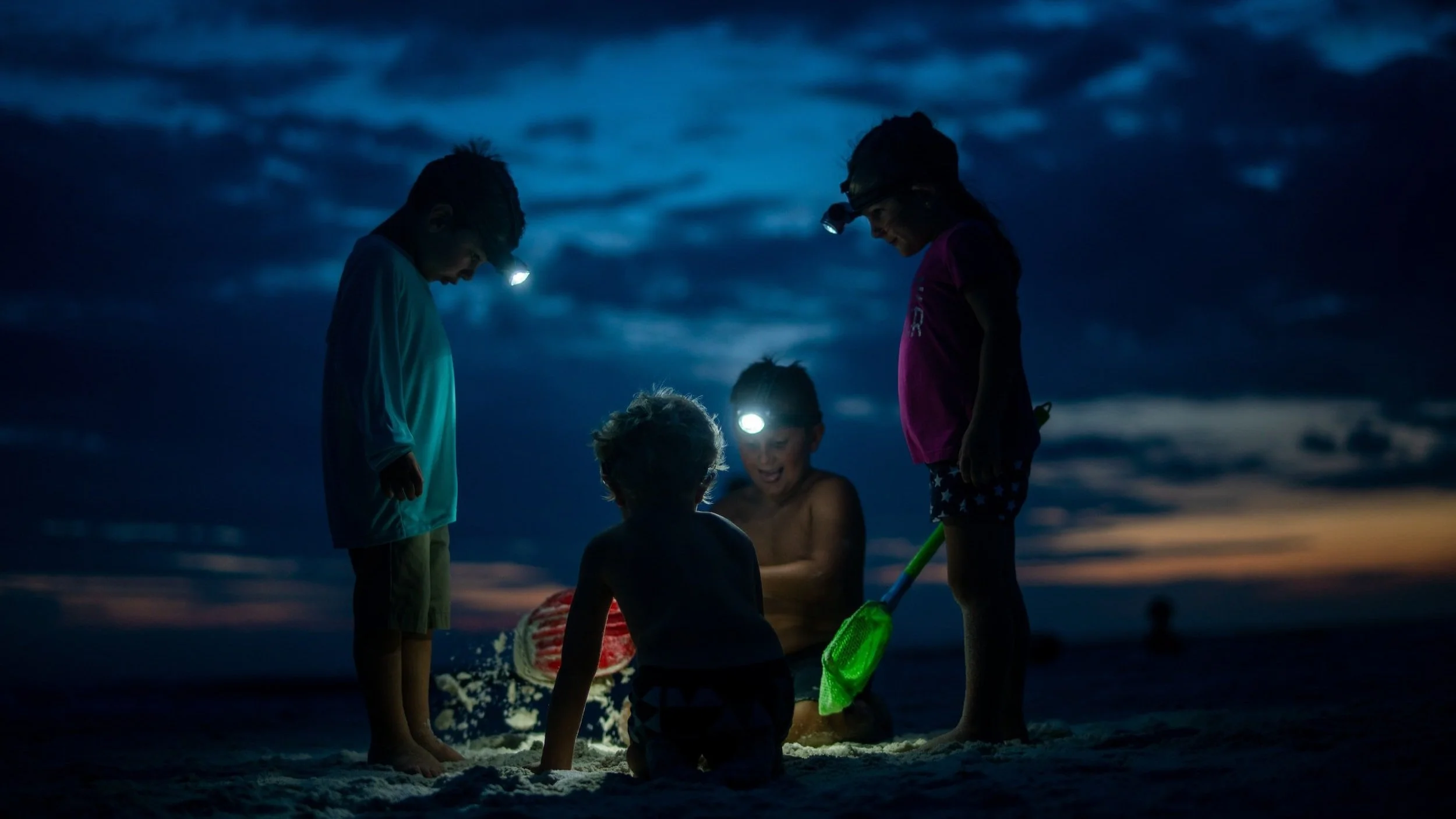Big Questions for A Variety of Learners
Anyone ever heard of children being compared to snowflakes? They fly around in random directions, they’re small and cute, and yes, they’re all unique. There really isn’t such a thing as a typical learner. Philosophy may have a reputation for being all about essays and debates, but when it comes to young thinkers, it needn’t be limited to just one or two avenues of learning. There are as many ways to approach big questions as there are children to ask them. Here are some suggestions for children who might want (or need) to go beyond reading and writing:
Get artsy! Bring out the clay, the crayons, the paints and any other craft supplies your child might enjoy. Encourage them to draw, sculpt or paint their ideas, and then have them explain them to you.
Build! Everything from building blocks to robotics kits can be used to help young thinkers express themselves. They can build a realistic model of their ideas, but can also make stacks of bricks to represent the number of ideas they’ve contributed. Again, make sure there’s a reflective discussion around their builds.
Act it out! Verbal kids love to debate, but throwing a little improvisation and storytelling into the mix can add a whole new dimension. Hey, even Plato included discussions between “fictional” characters in his work.
Sing about it! Take your favourite tune and create new lyrics around your child’s ideas. To simulate a dialogue, compose a “call and answer” type song. Accompany your little thinker’s ideas on the guitar or piano.
Use the kitchen! Remember teaching your kid to count with raisins or chocolate chips? Similar treats can spark discussions about what’s fair, what’s ethical, and what’s beautiful and delicious. Food is a fun and tasty source of metaphors and analogies.
Get out of the house! Climb a tree, take a close look at leaves, follow a caterpillar or turn over a rock. The great outdoors is a veritable cornucopia of questions about our relationships to nature, as well as knowledge and perception.
Yeah, we’re big fans of books, apps and games, but by approaching big questions through a variety of activities, you’re not only more likely to engage a wide variety of learners, but also make it possible for younger children to join the fun.



